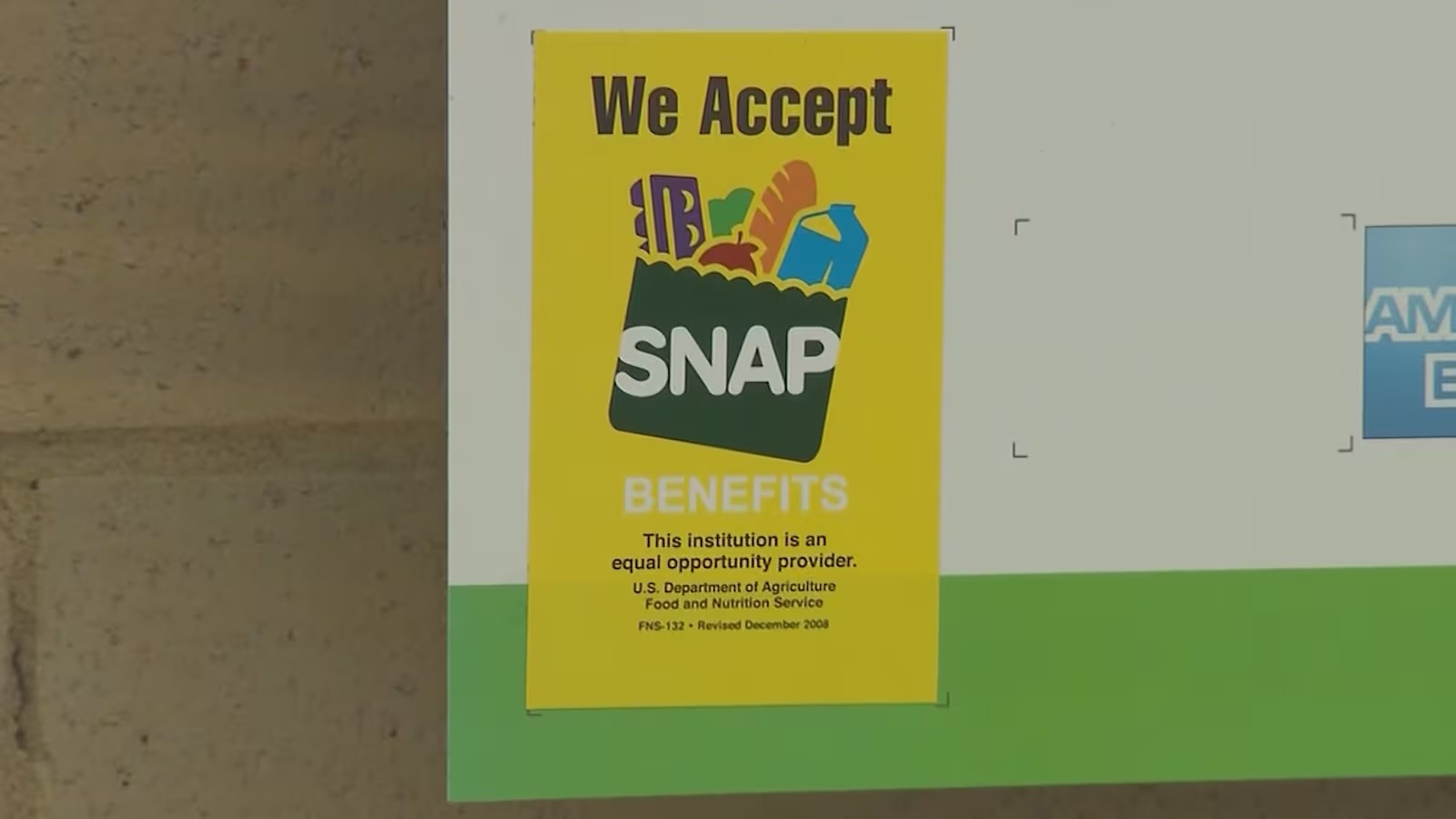The Tennessee Department of Human Services recently announced changes to the eligibility rules for the federal Supplemental Nutrition Assistance Program (SNAP). These adjustments are part of the legislation known as the One Big Beautiful Bill Act (HR 1), passed by Congress in July. The most significant change involves the tightening of work requirements, which under the new guidelines will extend to more people than before.
Previously, work requirements generally applied to individuals aged 18 to 54 in single-person households without children. Under the new rules, people aged 18 to 65 who do not have a disability or live with children under 14 must work, volunteer, or join a job training program for at least 20 hours per month to be eligible. These changes also include additional paperwork for applicants to verify their eligibility. Signe Anderson, Senior Director of Nutrition Advocacy at the Tennessee Justice Center, warns that the increased administrative burden could block some eligible people from accessing benefits.
Another major shift concerns how administrative and operational costs will be shared between federal and state levels. Under HR 1, states will bear a larger portion of the funding responsibilities. Whereas the program was once financed with costs split equally, the federal government will now require states to pay 75 percent of those costs under the new rules. Anderson cautions that raising bureaucratic demands will require more staffing and resources to manage the system effectively.
Supporters of the new rules argue that they will encourage self-sufficiency and reduce fiscal burden, but critics fear they will push many more families toward food banks. With grocery prices already high, Anderson notes that SNAP currently delivers far more food aid per recipient than most emergency food systems. She warns that as the program’s reach is narrowed, “people are going to fall through the cracks” at the same time that demand is rising. The legislation does allow exemptions in cases of pregnancy, caregiving, schooling, temporary disabilities, or participation in a treatment program, but these too require paperwork to certify eligibility.





